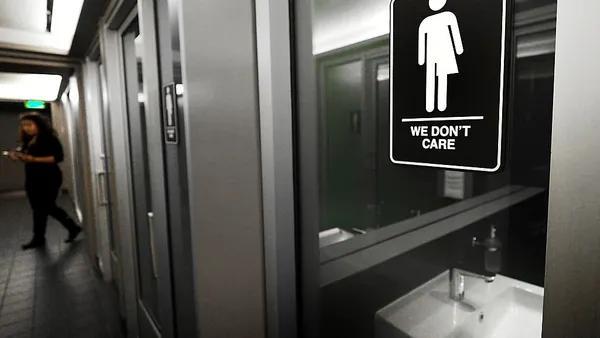A senior HR business partner for ComEd, an electric utility provider in Illinois, lacked sufficient evidence to bring her discrimination and retaliation charges to trial, the U.S. District Court for the Northern District of Illinois determined Oct. 6.
The plaintiff in Sanders v. Commonwealth Edison Co., a Black woman over 40, alleged ComEd’s failure to promote her and its decision to instead promote two White candidates under the age of 40 constituted racial discrimination in violation of Title VII of the Civil Rights Act of 1964 and age discrimination in violation of the Age Discrimination in Employment Act.
According to court documents, the worker was one of three internal candidates to apply and interview for two open HR manager positions in 2022. Applicants were evaluated by a four-person panel based on interview performance, work experience, annual reviews and an outside agency’s assessment.
The plaintiff earned 4.0 points from the panel and 20 points from the agency, while her colleagues received 3.6 and 21 points, and 4.6 and 22 points, respectively. The plaintiff had received the highest ratings possible in her 2017 and 2018 annual reviews, and the second-highest ratings in 2019 and 2021, while the other candidates had maintained the highest ratings in previous years. The plaintiff’s experience was determined to be “narrower and less varied.” Ultimately, the employers selected the other candidates for the positions.
The plaintiff argued the other candidates had not met the minimum requirements to be considered, as each technically had seven years of relevant experience rather than the eight required. But the court found that even had ComEd technically erred in considering the candidates, “error is not enough to show pretext.”
The court also determined the plaintiff’s contention that ComEd had a “pattern of African Americans/Blacks and those over 40 not getting promoted at the rate in which their White counterparts are being promoted” was not sufficient evidence, despite the declarations of two former employees. The plaintiff would have had to show discrimination in her particular case to show pretext, the court said.
Attorneys have advised hiring managers to keep detailed interview notes and thorough documentation when making hiring, promotion, disciplinary and other HR decisions. In a similar race discrimination case last year, the 3rd U.S. Circuit Court of Appeals upheld summary judgment for the Port Authority Trans-Hudson Corp., finding the company’s detailed interview notes and standardized questions and criteria weighed heavily in its decision.
















